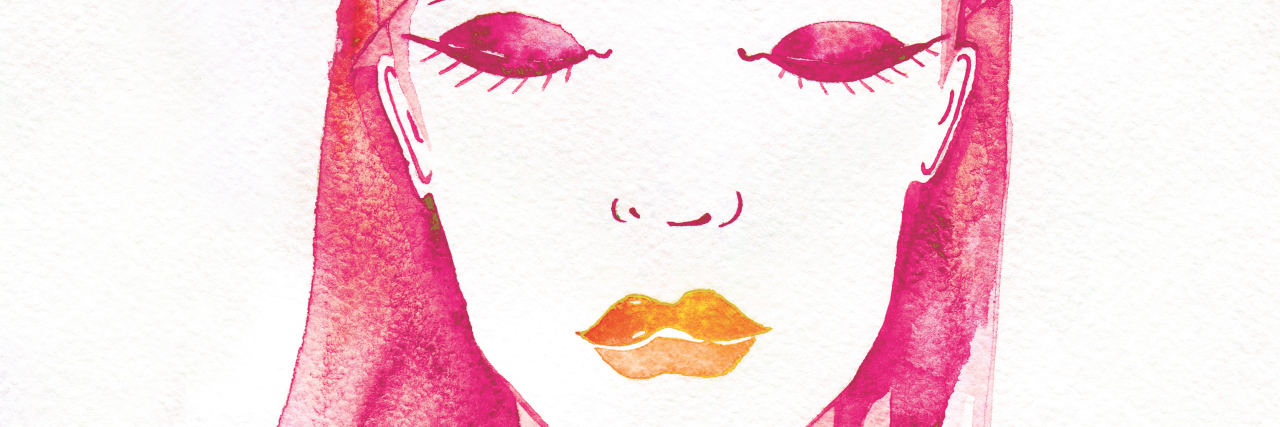The other day I had the difficult task of trying to explain how someone could choose to hurt themselves by restricting food intake and/or engage in other eating disorder behaviors. It felt like a impossible task to put into words why someone would do this.
I wanted to try, so I used an analogy to explain.
I said having an eating disorder is like believing that 2+2=fish. You have this “incorrect” thought process that engaging in an eating disorder behavior will help you (give you control, make you happy, etc). Just like 2+2 does not equal fish, eating disorders will not help you.
However, the problem is that despite this fact, people with eating disorders often still believe 2+2=fish.
For many people with an eating disorder, they firmly believe this and live in this state of denial despite what anyone tells them. I myself lived a very long time believing 2+2=fish. People repeatedly told me that 2+2=4, but I lived in ignorance. I was using tools like scales, mirrors and calorie totals to determine what I thought would decide my worth. Eventually, I began to realize that perhaps these people were on to something. Maybe a scale couldn’t tell me how much happiness I had in my life.
One day I redid my calculation, without the BMI and percent body fat. For the first time I saw the mistake I had been making. For the first time, 2+2 equaled four. Although this realization was crucial, it was hardly the end of the road. Some days 2+2=4; but some days when I do that calculation, I still get 2+2=fish.
Now the decision becomes: how I will act? Will I engage in the eating disorder behavior because I believe it will help me? Or do I ignore the strong belief I have that tells me to engage in this activity because I know at some point I didn’t believe engaging in the eating disorder was good?
I would argue that in the beginning phases of recovery, there is a battle between doing the logical thing (2+2=4) versus the thing you feel you want to do (2+2=fish). The hope is that eventually your logic and feelings will coincide. Eventually you might want to do the logical thing because you feel it’s the best thing for you. But in the beginning this battle is often pulling you on both ends of the spectrum.
Every decision you make often causes some form of guilt. When you choose to act on your logic, the eating disorder can scream out that you failed and made a mistake. But when you listen to the eating disorder, the logical part of you reminds you that you knew better and shouldn’t have succumb to the temptation. You don’t know what to decide because either way feels like losing.
This relentless battle is why just realizing that 2+2=4 is by no means the finish line for eating disorder recovery. You may no longer be “ignorant” to the truth, but that doesn’t mean the truth doesn’t bring along it’s own set of challenges.
But the thing about challenges is: they can be overcome.
Just like I’m sure your elementary school math teacher told you, the more you practice correct math skills, the more you’ll get the right answer. If you keep reminding yourself that 2+2=4 and fight through that guilt and shame your eating disorder sends you for daring to believe that 2+2=4, it will get easier. Slowly but surely you can begin to hear less and less that 2+2=fish.
Please keep fighting because you deserve a life where you will never be haunted by thoughts of engaging in an eating disorder behavior.
If you or someone you know is struggling with an eating disorder, you can call the National Eating Disorders Association Helpline at 1-800-931-2237.
We want to hear your story. Become a Mighty contributor here.
Getty image via Natalia-flurno

